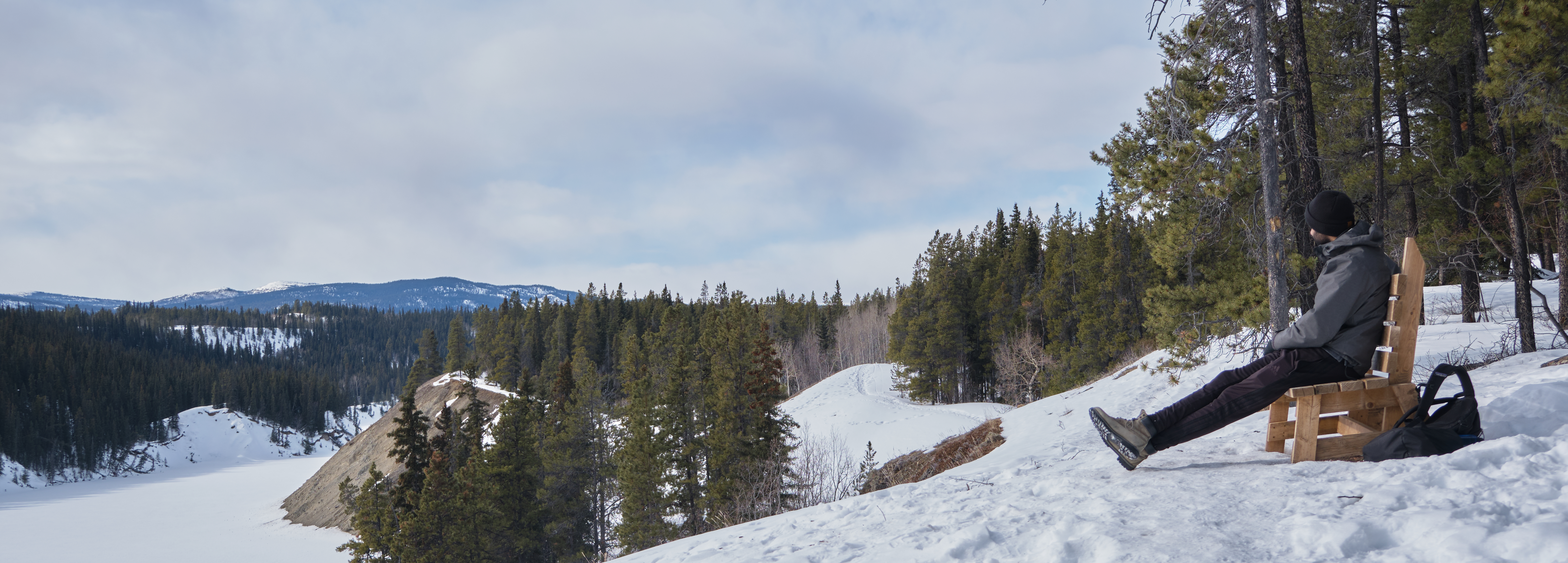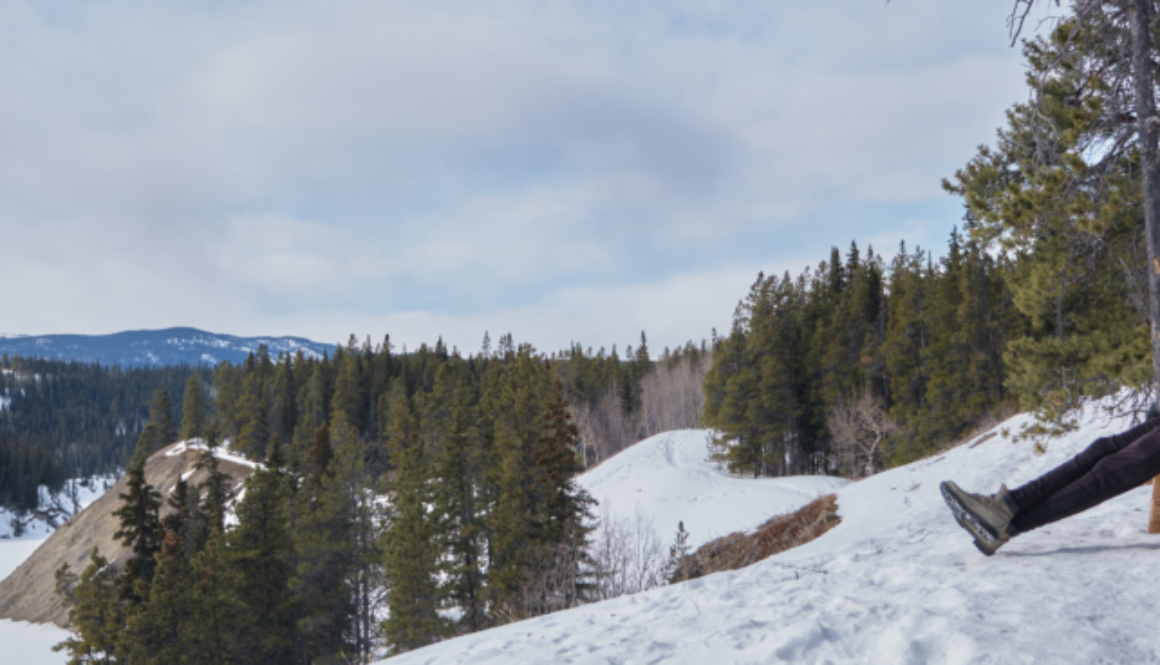Opportunities for a post COVID-19 world

Opportunities for a post COVID-19 world
Header Image by: Asad Chishti. But from over 2m away
Written by: Adil Darvesh, Communications Coordinator
Every day is still quite surreal for me. Every morning, there’s a split second where I think I’m about to get ready to head into the office, but then come back to reality after a quick peek at my phone. My news feed overflows with pandemic-related stories, which is helpful to stay updated but can sometimes be enough to make you frustrated. Stories of healthcare workers succumbing to COVID-19 due to lack of proper equipment, weakened environmental regulations in some crucial areas, and even that Quebec couple who flew to Old Crow without thinking about the people who live there. It’s easy to fall into the trap of letting news like this overwhelm you – I know I’ve fallen into that hole a few times.
I think it’s fair to say that, when things start looking better and we’re able to emerge from our dens, like bears after a winter-long hibernation, the world will feel just a little bit different. Do we want things to return to exactly as they were? What world do we want to see when that time comes?
As many large cities adopt physical distancing and self-isolation, and there’s less traffic on roads, in canals, and at ports, we’re seeing stories of nature getting reprieve. People are noticing animals more frequently in cities, the air is becoming cleaner, and even the water is cleaner. As the veil of pollution rises from dense urban areas, and global greenhouse gas emissions decrease, the benefits of making some key changes can have remarkable (and rapid) effects on our planet.
But to be honest, it’s a little bit hard to get excited about hearing the news of these environmental benefits when it comes with the suffering of hundreds of thousands of people. This isn’t the way I want to see nature thrive. Not at the cost of neighbours suffering from lack of employment, illness, stress and anxiety, or from uncertainty about loved ones. There are better ways.
COVID-19 is putting a spotlight on some of the weaknesses in our social and economic structures. For example, days after the World Health Organization declared a global pandemic, people cleaned out almost every grocery store in Whitehorse, highlighting the issue of food security (toilet paper security?) and the uncertainty (real or perceived) around our ability to keep shelves stocked during a crisis.
Through this, we’re also seeing some of the many strengths of people and our communities. I’ve seen people offer to do grocery runs on Facebook, people make extra efforts to help support local businesses, and I’ve received even just quick check-in texts/calls from friends to make sure I’m alright. We’re seeing a greater appreciation for essential services that keep our communities afloat, and the people who are working those roles. People are mindful about what they’re using and where they’re going. Could it be possible to improve on the weaknesses and incorporate these strengths into our everyday lives going forward? I hope so.
We have an opportunity in the coming months to reflect on what our collective future looks like through our spending habits, our interests, and our values. As economies rebound from this major setback, we will have the chance to rebuild them with a more mindful approach, through the lens of healthy people, communities, land, water, and air. We can find ways to incorporate a more community-based approach, where we take care of each other with our purchases, make better decisions around our relationship with the land and how we care for it, and put a greater focus on where we go and the resources we’re using to get there.
These may feel like platitudes, but that’s because if I’m honest, it doesn’t feel like this is the right time for us to advocate for specific actions. We are a conservation organization, and this is a public health crisis.
That’s why during the next little while you may notice that we’re a little quieter than usual, and that our communications may have a different tone or focus. This pandemic is the priority for all of us. Rest assured, we’re still working for wild spaces, and the opportunities they represent. We’ll update you if there’s a major issue on any of our campaigns, and if there’s any way for you to get involved.
It’s tough to come to terms with the state we’re in right now. A major health crisis is sweeping the globe, the likes of which we haven’t seen in over a century. But we’ll get through this the same way we get through other crises. We’ll learn from it, we’ll improve on what we have, and we’ll stick together.

